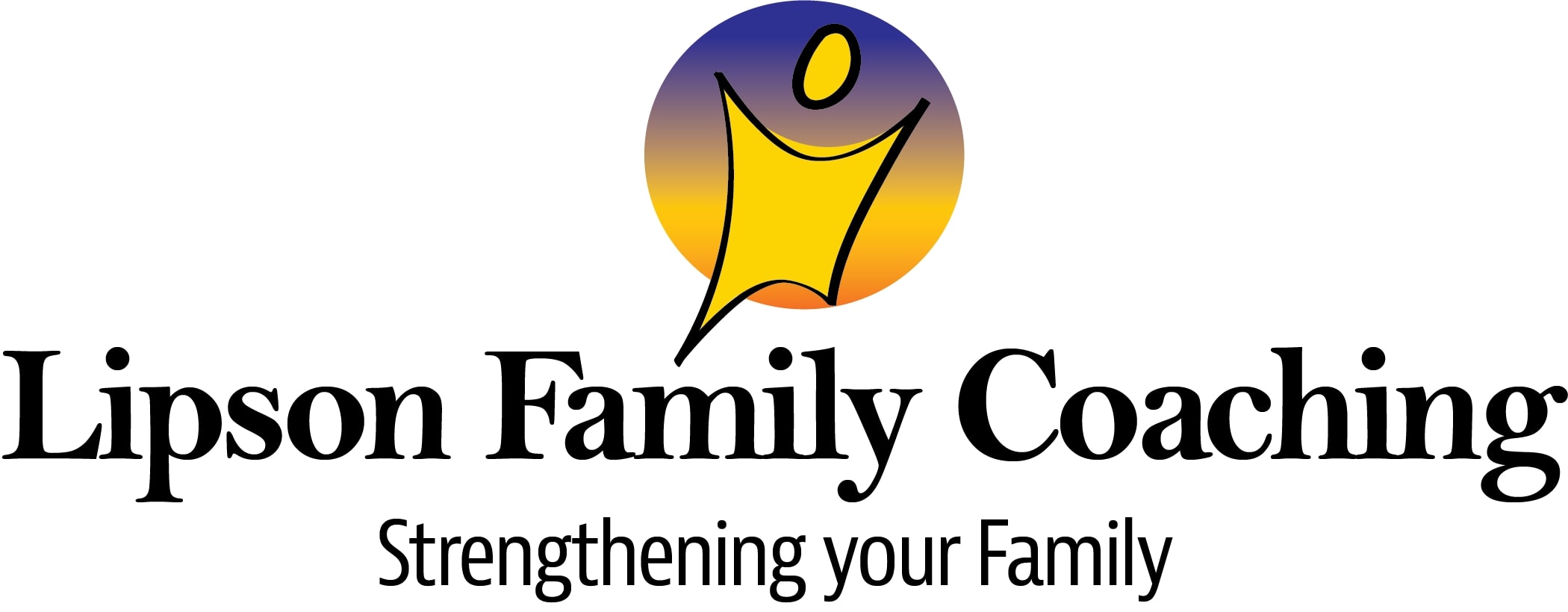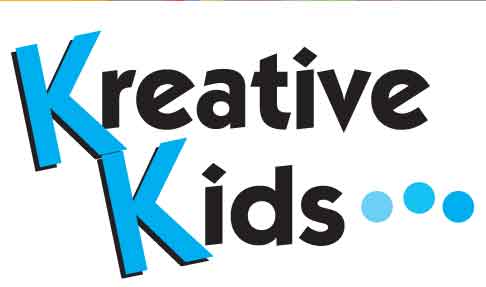Get the Best Winter Activities
Hearing loss in young people is on the rise. A 2010 study published in the Journal of the American Medical Association showed 1 in 5 kids ages 12-19 is suffering from hearing loss, an increase of 31 percent since the late 1980s/early 1990s. Hearing loss can affect academic achievement, vocational choice, and social functioning such as feeling isolated or unhappy in school. Hearing is critical to a child’s development, and the earlier hearing loss occurs, the more serious is the effect on speech and language development, communication, and learning.
Identify the Signs of Childhood Hearing Loss
It is critical that, in addition to teaching preventative habits, parents learn the early signs of hearing loss so they can seek help if needed. The earlier hearing loss is identified and intervention begins, the better the outcome. Early warning signs include:
- Lack of attention to sounds
- Failure to follow simple directions
- Delays in speech and language development
- Difficulty achieving academically, especially in reading and math
- Persistent ear discomfort after exposure to loud noise (regular and constant listening to electronics at high volumes)
More signs, treatment options, and other information are available via ASHA’s new public education campaign, Identify the Signs, at IdentifytheSigns.org.
American Speech-Language-Hearing Association is the national professional, scientific, and credentialing association for more than 166,000 audiologists; speech-language pathologists; speech, language, and hearing scientists; audiology and speech-language pathology support personnel; and students. Audiologists specialize in preventing and assessing hearing and balance disorders as well as providing audiologic treatment, including hearing aids. Speech-language pathologists identify, assess, and treat speech and language problems, including swallowing disorders.
Also see:
Movement to Prevent Hearing Loss in Teens Gains Momentum





